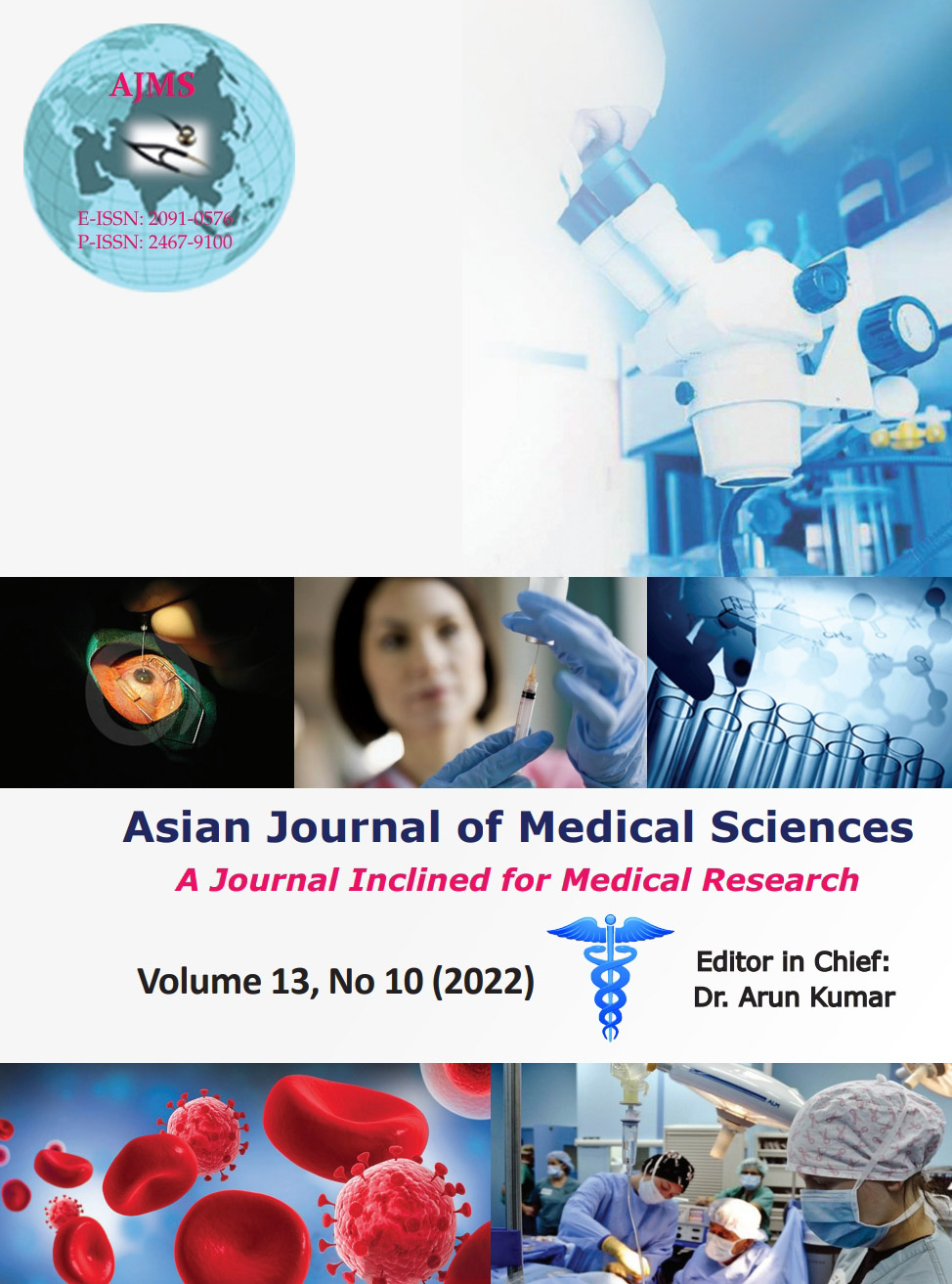Comparative status of syncope among voluntary blood donors with and without prior water administration: A Randomized Study in a Medical College from North India
Keywords:
Blood donors, Hypotension, Randomized control trial, Syncope, Young donorAbstract
Background: Blood center rely heavily on young donors to meet blood demand, but syncope is more frequent in younger donors. Studies have suggested administration of water before donation may reduce syncope related complications in this group.
Aims and Objectives: The aim of the study was to compare status of syncope among voluntary blood donors with and without prior water administration.
Materials and Methods: This study was conducted to establish the effect of pre-loading with 500 ml of water on the rate of syncope in young blood donors who came for blood donation voluntarily in outdoor blood donation camp organized by the department. Nearly Fifty percent of blood donors received water and another Fifty percent were not given water pre donation and the effect of water on blood donors studied. Incidence of syncope was compared between randomization groups using multivariable logistic regression.
Results: Out of 2345 study participants, 1172 received water, and 1173 did not; groups differed slightly by gender and number of donation. Syncope was seen in 3 (0.25%) in the test group (who received water before donation) and 39 (3.32%) of the control subjects (who were not given water before donation). After adjusting for, gender, age, and donation history, there was significant difference in outcome between the water versus no water administration (adjusted odds ratio [OR] = 0.80 [95% CI 0.42–1.53]).
Conclusion: Preloading young donors with 500 ml of water have a major effect in reducing syncope related complications among young and 1st time blood donors.
Downloads
Downloads
Published
How to Cite
Issue
Section
License
Copyright (c) 2022 Asian Journal of Medical Sciences

This work is licensed under a Creative Commons Attribution-NonCommercial 4.0 International License.
Authors who publish with this journal agree to the following terms:
- The journal holds copyright and publishes the work under a Creative Commons CC-BY-NC license that permits use, distribution and reprduction in any medium, provided the original work is properly cited and is not used for commercial purposes. The journal should be recognised as the original publisher of this work.
- Authors are able to enter into separate, additional contractual arrangements for the non-exclusive distribution of the journal's published version of the work (e.g., post it to an institutional repository or publish it in a book), with an acknowledgement of its initial publication in this journal.
- Authors are permitted and encouraged to post their work online (e.g., in institutional repositories or on their website) prior to and during the submission process, as it can lead to productive exchanges, as well as earlier and greater citation of published work (See The Effect of Open Access).




